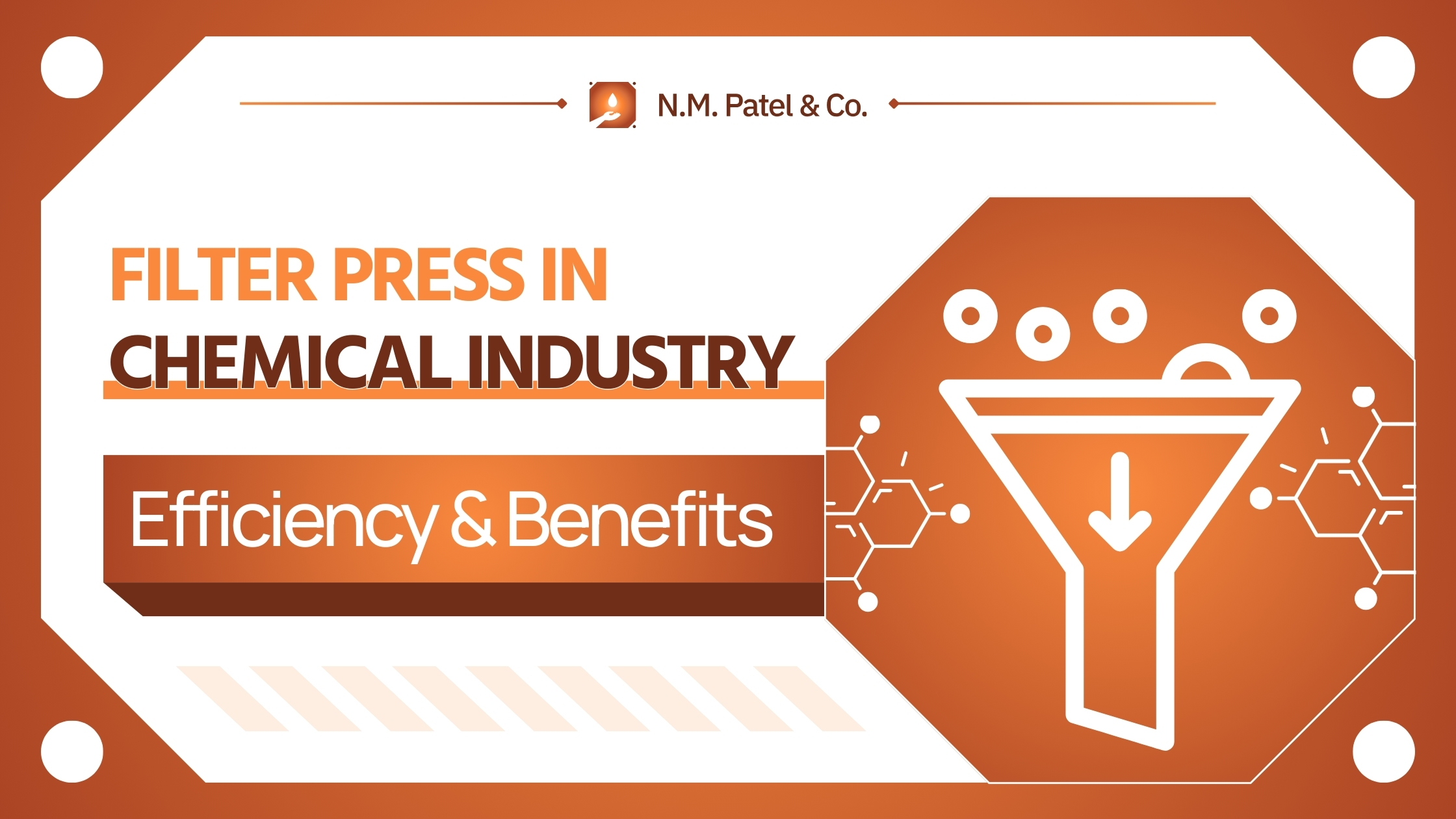Filtration is one of the most important processes in the chemical industry. From removing impurities to recovering valuable solids, efficient filtration can make a huge difference in quality, safety, and cost savings.
One solution trusted by chemical manufacturers worldwide is the filter press. Known for its reliability and versatility, the filter press in chemical industry applications is growing rapidly.
Why Filtration Matters in the Chemical Industry
Chemicals often involve complex mixtures of liquids and solids. Whether producing acids, dyes, or specialty chemicals, clean separation ensures:
- Consistent product quality
- Compliance with safety standards
- Reduced waste and costs
Without efficient filtration, production lines face delays, higher maintenance costs, and even regulatory issues.
The Role of Filter Presses
A filter press uses pressure to separate solids from liquids, producing a clear filtrate and a dry filter cake.
In the chemical industry, this technology helps:
- Remove impurities for high-purity output
- Recover valuable solids for reuse or sale
- Reduce moisture in the cake, cutting drying costs
This makes filter presses an essential part of many chemical plants.
Key Benefits of Filter Presses in Chemical Processing
1. High Filtration Efficiency
Filter presses can handle fine particles and achieve low moisture levels in the cake. This ensures higher efficiency compared to traditional filters.
2. Cost Savings
By reducing waste and recovering valuable byproducts, companies save on raw material costs. Lower energy consumption during drying adds further savings.
3. Flexibility
Different chemical processes need different materials. Filter presses can be customized with plates, cloths, and coatings resistant to acids, alkalis, or solvents.
4. Improved Safety
Closed filtration systems reduce the risk of exposure to hazardous chemicals, keeping workers and the environment safe.
Real-World Applications
In the chemical industry, filter presses are widely used in:
- Acid production – removing impurities from liquid acids
- Dye manufacturing – recovering pigments and removing unwanted residues
- Pharmaceuticals – ensuring purity in drug ingredients
- Specialty chemicals – separating valuable fine powders
For example, in dye manufacturing, a filter press not only improves product quality but also recovers pigments that can be reused—reducing both waste and costs.
Common Challenges and Solutions
While filter presses are efficient, challenges can arise:
- Cloth blinding – solved with regular cleaning or chemical washing
- Corrosion issues – solved by using special plate materials and coatings
- Cycle time delays – improved by optimizing feed pressure and slurry consistency
With proper maintenance, these issues can be minimized, keeping the press reliable for years.
Future of Filter Presses in the Chemical Industry
As sustainability becomes a priority, the demand for energy-efficient, eco-friendly filtration systems is rising. Modern filter presses are now designed with automation, smart sensors, and energy-saving hydraulics—making them even more valuable in chemical plants.
FAQs on Filter Press in Chemical Industry
1. Why are filter presses used in the chemical industry?
They efficiently separate solids from liquids, ensuring purity, safety, and cost savings.
2. Can filter presses handle corrosive chemicals?
Yes, with the right materials like polypropylene plates or corrosion-resistant coatings.
3. What chemicals are most commonly filtered with presses?
Acids, dyes, pigments, specialty chemicals, and pharmaceutical ingredients.
4. How do filter presses reduce costs?
By recovering valuable solids, reducing waste, and lowering drying energy needs.
5. Are filter presses eco-friendly?
Yes. They reduce chemical waste, improve recycling, and minimize energy use.


